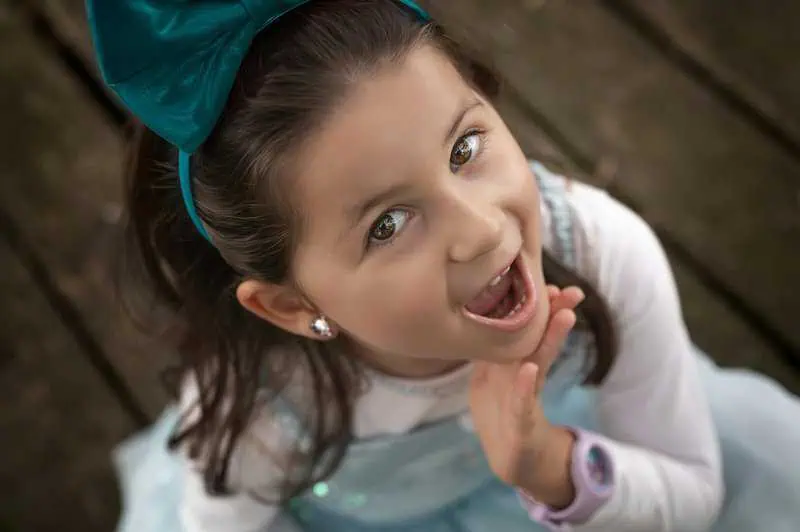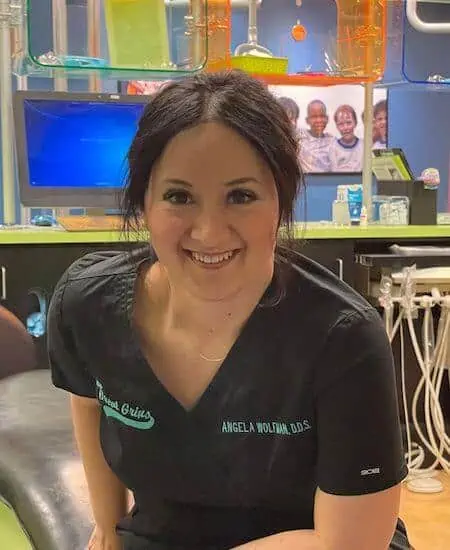As a pediatric dentist at Great Grins Children’s Dentistry, I have spent years guiding families in Tucson through the child dental development stages. Parents often ask: Is my child’s dental growth normal? The truth is, dental development varies from child to child. Understanding your child’s unique timeline helps ensure a lifetime of healthy smiles.
Why Every Child’s Dental Development is Unique
No two children are exactly alike, and that extends to their teeth. Dental growth patterns are influenced by a variety of factors, including:
- Genetics – If parents experienced early or late tooth eruption, their child may follow a similar pattern.
- Nutrition – A well-balanced diet supports jaw development in children and strengthens growing teeth.
- Habits – Prolonged thumb-sucking or pacifier use can affect the alignment of teeth and jaw growth.
Because of these factors, some children may get their first tooth as early as 4 months, while others may not see a tooth until after their first birthday.
Key Child Dental Development Stages & Milestones
Understanding child dental development stages helps parents in Tucson know what to expect and when to schedule dental visits. Here’s a general breakdown:
1. Primary (Baby) Teeth Eruption
- First teeth: Typically appear between 4-12 months (often the lower central incisors first).
- Full set of baby teeth: By age 3, most children will have all 20 primary teeth.
- Teething discomfort: Common concerns include drooling, irritability, and gum sensitivity.
2. Transition to Permanent Teeth
- Around age 6, baby teeth begin to fall out, making way for permanent teeth.
- The first adult molars (also called six-year molars) help guide jaw development.
- By age 12-13, most permanent teeth have erupted, with the exception of wisdom teeth.
3. Common Dental Milestone Variations
- Delayed eruption: Some children may have teeth erupt later than their peers—often influenced by genetics.
- Early loss of baby teeth: Space maintainers may be required for those children who have lost baby teeth early due to trauma or decay.
- Crowding or misalignment: This may indicate a need for orthodontic intervention in the future, something we frequently address in children from Tucson.
When to Schedule a Pediatric Dental Assessment
Early and routine dental checkups are crucial in monitoring your child’s dental growth patterns. The American Academy of Pediatric Dentistry (AAPD) recommends a first visit by age 1 or within six months of the first tooth eruption.
Signs Parents Should Watch For:
- Misaligned teeth or bite issues (crossbite, overbite, underbite).
- Crowding or spacing concerns that may impact future development.
- Delayed tooth eruption beyond the normal range.
- Persistent habits like thumb-sucking that could affect jaw development in children.
If you’re unsure whether your child’s dental development is on track, we offer a personalized dental development plan tailored to their needs.
Supporting Your Child’s Healthy Dental Growth
Parents play an active role in ensuring strong and properly developing teeth. Here’s how you can help:
- Balanced diet: Calcium-rich foods like dairy and leafy greens strengthen teeth.
- Oral hygiene: Start brushing as soon as the first tooth appears, using a fluoride toothpaste.
- Avoid harmful habits: Discourage thumb-sucking and limit pacifier use after age 2-3.
- Regular dental checkups: Professional cleanings and exams help detect early issues.
- Advanced monitoring: At Great Grins Children’s Dentistry, we use state-of-the-art pediatric dental technology to track growth and identify potential concerns early.
Empowering Parents to Guide Their Child’s Dental Health
Every child’s smile is unique, and dental development doesn’t follow a strict schedule. If you have concerns about your child’s dental milestone variations, it’s always best to consult a pediatric dentist.
At Great Grins Children’s Dentistry in Tucson, we’re here to guide you through every stage of your child’s oral health journey. Contact our office and book a pediatric dental assessment today to create a personalized dental development plan for your little one’s healthiest smile.


